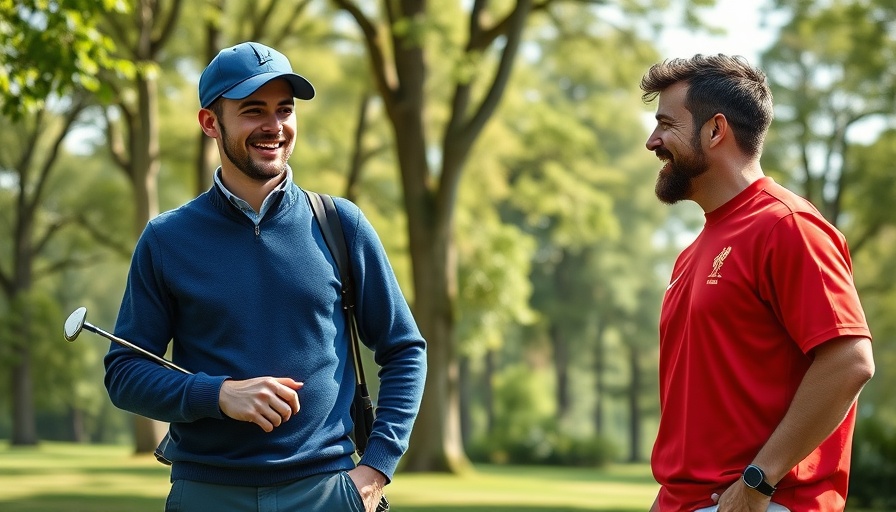
Unlocking Brain Health through Physical Activity
For digital nomads, maintaining a healthy lifestyle while juggling travel and work can be challenging. The benefits of exercise extend beyond just physical well-being; they play a pivotal role in cognitive health as well. Regular aerobic activities, such as brisk walking or cycling, not only help maintain a healthy weight but also contribute significantly to brain vitality.
The Science behind Exercise and Brain Health
Research indicates that when we engage in physical activity, our bodies release various molecules that travel through the bloodstream, eliciting responses from different organs, including the brain. Dr. Saul Villeda, a prominent researcher in aging and brain health, explains that exercise essentially signals our bodies to prepare for resilience. This preparation may enhance cell mechanisms that combat the aging process.
The Decline of Cognitive Abilities
As we age, cognitive decline can impede our ability to think, learn, and remember effectively. This decline is influenced by cellular changes within the brain and the modification of protective barriers, which can lead to harmful substances breaching these thresholds. Understanding this connection is crucial, especially for those who frequently travel and may expose themselves to varying environments and stressors.
Aerobic Exercise: A Shield Against Cognitive Decline
Intriguingly, studies involving rodents have demonstrated that consistent exercise can mitigate the impacts of aging-related cognitive decline. Researchers have found a distinct correlation between regular aerobic exercise and enhanced memory in humans. This discovery emphasizes the importance of incorporating physical activity into our daily routines, even if it starts with brief, manageable sessions.
Exercising Your Mind: The Role of GPLD1
One notable molecule, GPLD1, is being studied extensively for its role in improving cognitive functions. Research shows that this molecule is associated with new brain cell formation, as well as learning and memory improvement in aged mice. Active older adults display elevated levels of GPLD1, suggesting that it might play a similar role in humans. This breakthrough research highlights the potential for innovative treatments aimed at enhancing cognitive health, particularly for those unable to engage in regular physical activity.
Start Small: Integrating Exercise into a Busy Lifestyle
For digital nomads, the prospect of meeting the recommended 150 minutes of moderate aerobic activity each week can seem daunting. However, Dr. Villeda reassures us that even small increments of extra movement can yield significant benefits. Whether it's standing while working, taking a brisk walk during breaks, or doing simple strength exercises in your living space, every bit counts toward enhancing both physical and cognitive health.
Embracing a Proactive Approach to Health
Incorporating exercise into your routine offers more than just health benefits—it promotes a lifestyle that fosters cognitive vibrancy. As a digital nomad, embracing a proactive approach to your health can lead to more productive workdays and enhanced well-being while navigating diverse environments around the globe. By making movement a priority, you can potentially stave off cognitive decline and maintain sharpness, essential for navigating the many challenges of remote work and travel.
 Add Row
Add Row  Add
Add 




Write A Comment